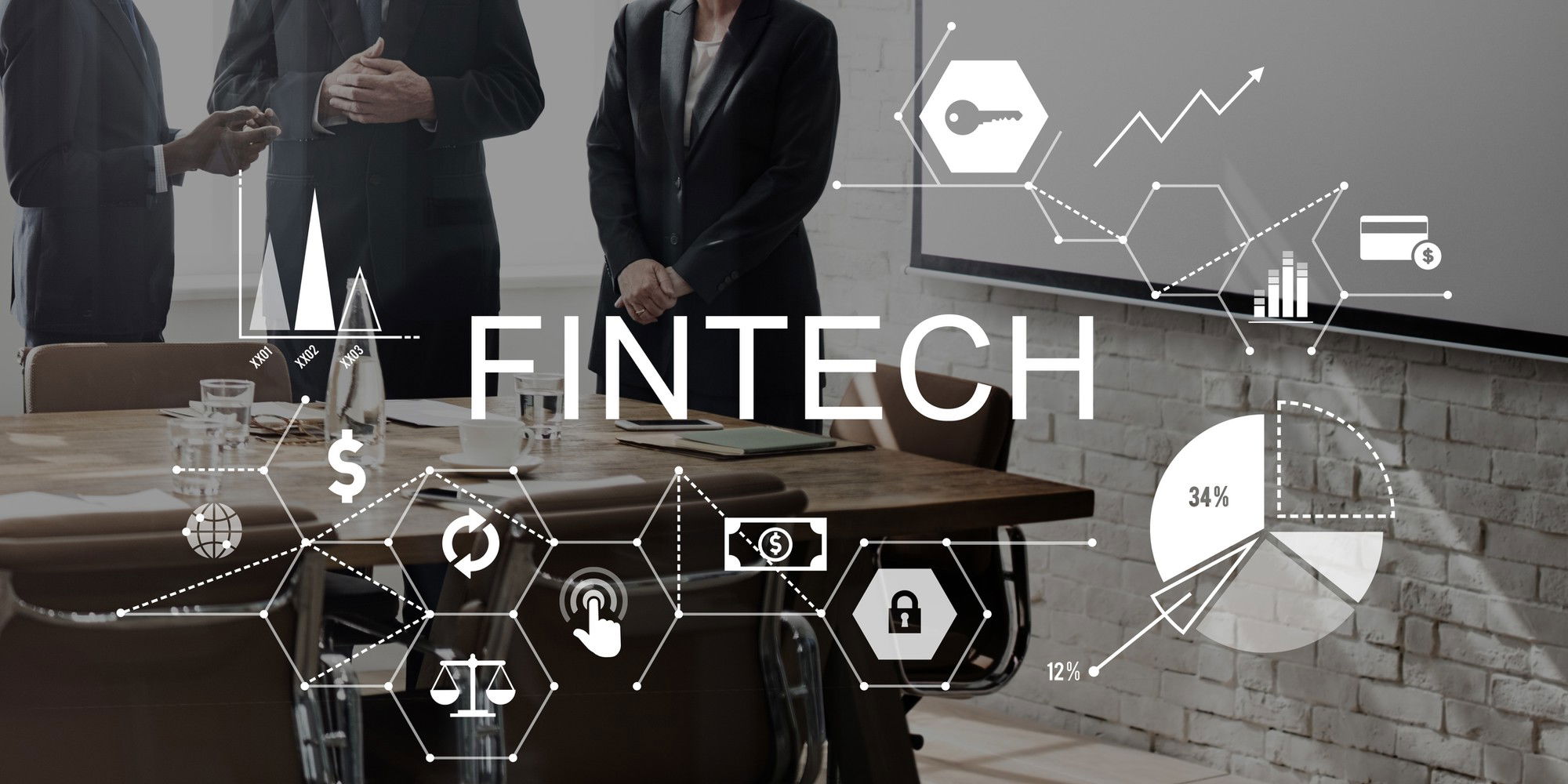3 Technology & Innovation

3-1 AI-Driven Startups
AI-driven startups are innovative enterprises that leverage artificial intelligence to disrupt industries, enhance efficiency, and create new market opportunities. These companies focus on machine learning, deep learning, natural language processing (NLP), computer vision, and automation to develop intelligent solutions that transform business processes and consumer experiences. AI startups operate across various sectors, including:
- Healthcare & Biotechnology – AI-driven diagnostics, robotic surgery, and predictive analytics are revolutionizing healthcare by enabling early disease detection, personalized treatment plans, and efficient drug discovery.
- Finance & Investment – AI-powered trading algorithms, fraud detection systems, and robo-advisors optimize financial decision-making and improve risk management.
- E-commerce & Customer Service – AI chatbots, recommendation engines, and sentiment analysis tools enhance customer engagement and streamline shopping experiences.
- Autonomous Systems & Robotics – AI startups are pioneering self-driving vehicles, drone technology, and robotic process automation (RPA) to increase operational efficiency and reduce human intervention.
These startups thrive on big data analytics, cloud computing, and edge AI, allowing them to scale rapidly and integrate into the digital economy. With continued advancements in AI ethics, explainable AI, and human-AI collaboration, investment in AI-driven startups represents a high-growth opportunity with immense technological potential.

3-2 Fintech Solutions
Fintech solutions are revolutionizing the financial sector by merging technology and finance to create efficient, accessible, and innovative financial services. These solutions disrupt traditional banking models by offering faster, cheaper, and more user-friendly alternatives in payments, lending, insurance, and investment management. Core fintech innovations include:
- Digital Banking & Neobanks – Online-only banks offer instant account setup, AI-driven financial advisory, and seamless mobile banking, reducing dependency on brick-and-mortar institutions.
- Mobile Payment & P2P Transfers – Digital wallets, QR code payments, and contactless transactions simplify global financial interactions. Services like Apple Pay, Google Pay, and blockchain-based remittances enable fast, low-cost international transfers.
- RegTech & Compliance Automation – AI-driven regulatory technology automates risk assessment, anti-money laundering (AML) compliance, and fraud detection, ensuring regulatory adherence in financial operations.
- Embedded Finance & BNPL (Buy Now, Pay Later) – E-commerce platforms integrate financing options within their checkout processes, providing real-time credit solutions without traditional credit checks.
Fintech solutions leverage cloud computing, artificial intelligence, and big data analytics to offer hyper-personalized financial services, democratizing access to wealth-building tools. As digital finance continues to evolve, investing in fintech presents a lucrative opportunity with high scalability, strong consumer adoption, and continued regulatory advancements.

3-3 Smart Infrastructure Development
Smart infrastructure development integrates advanced technologies, data-driven automation, and IoT (Internet of Things) solutions to enhance the efficiency, sustainability, and resilience of urban and industrial environments. This sector plays a vital role in modernizing cities, improving public services, and optimizing resource management. Key components of smart infrastructure include:
- Smart Transportation & Mobility – AI-powered traffic management, smart parking systems, and autonomous vehicle networks reduce congestion, enhance road safety, and improve public transportation.
- Energy-Efficient Buildings & Smart Grids – Smart meters, AI-driven HVAC systems, and IoT-enabled energy grids optimize power consumption, reducing operational costs and environmental impact.
- Digital Twin Technology & Predictive Maintenance – Cities and industries use digital twins—virtual replicas of physical assets—to analyze real-time data, prevent infrastructure failures, and improve asset management.
- 5G Connectivity & Smart Urban Planning – High-speed internet infrastructure enables real-time monitoring, remote workspaces, and IoT connectivity, making cities more adaptable and efficient.
By integrating AI, blockchain, and IoT, smart infrastructure reduces operational costs, enhances sustainability, and improves quality of life. With governments and private investors prioritizing smart city projects and sustainable infrastructure, this sector presents a highly attractive investment opportunity in the digital age.

_____________________________________________________________________________________________________________________
Conclusion
At Royal Investment, we believe that the future belongs to those who embrace innovation, sustainability, and technological advancement. Our carefully selected investment projects in AI-driven startups, blockchain and cryptocurrency platforms, fintech solutions, and smart infrastructure development are designed to drive economic growth, digital transformation, and long-term profitability. By investing in these high-potential sectors, you are not only securing substantial financial returns but also contributing to the evolution of global industries. Whether it's the power of artificial intelligence, the security of blockchain technology, the efficiency of fintech innovations, or the intelligence of smart cities, these investments are shaping the future of business, finance, and urban living. Now is the time to take action. Join Royal Investment today and become part of a visionary movement that is transforming the world—one investment at a time.